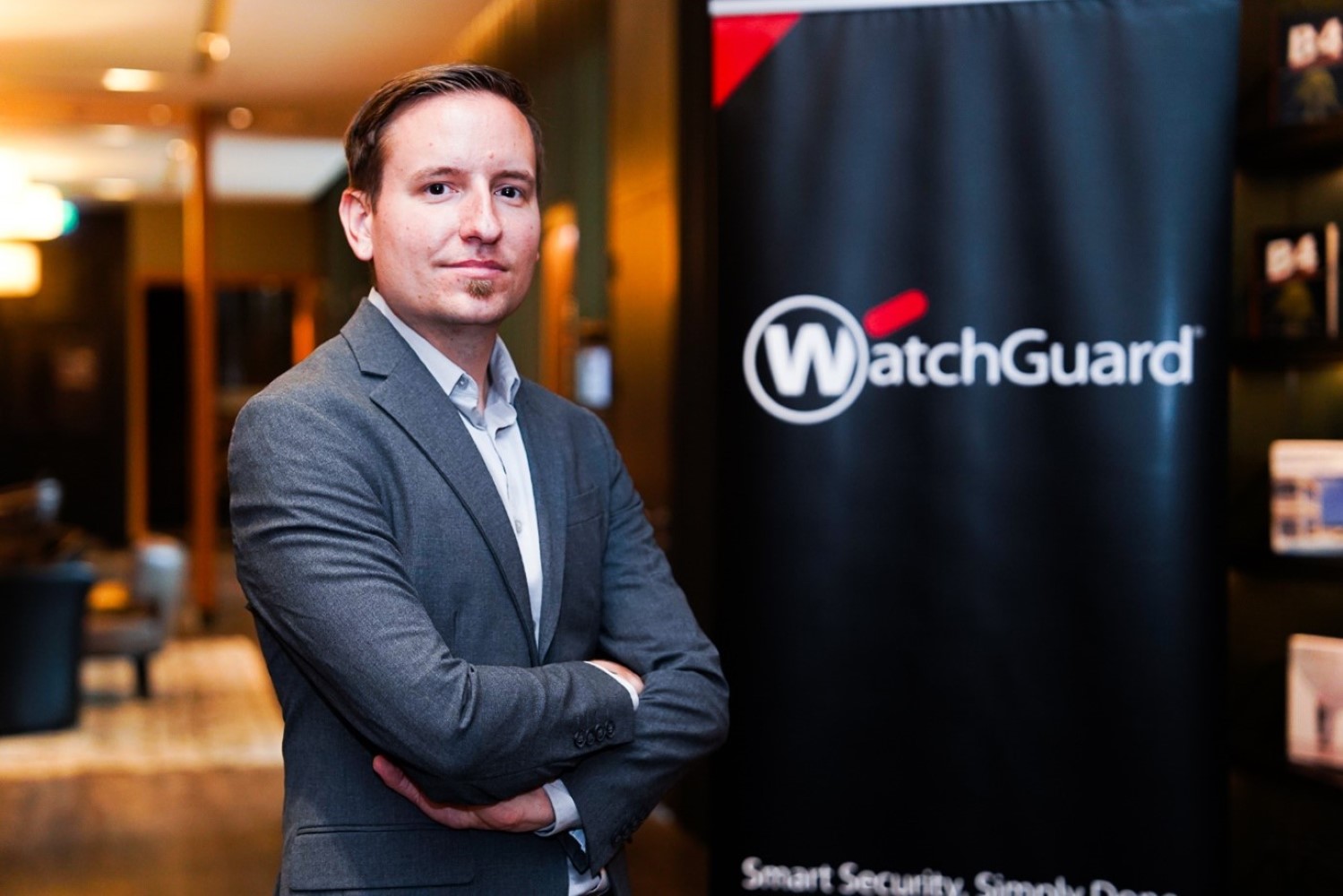
As Thailand accelerates its digital transformation under Thailand 4.0, the nation has emerged as a regional economic powerhouse. However, with increased connectivity comes heightened exposure to cyber threats, particularly ransomware attacks targeting the manufacturing sector, which contributes nearly a quarter of the country’s GDP.
“It’s one of the most targeted sectors globally due to its mix of legacy operational technology and modern IT,” says Marc Laliberte, Director of Security Operations at WatchGuard. This hybrid environment creates exploitable vulnerabilities that can halt production, cripple supply chains, and inflict lasting financial damage.
At the same time, the regional cybersecurity skills gap has grown by 26% (the highest globally), leaving many organisations under-resourced and overexposed. This means many Thai manufacturing organisations simply don’t have the resources or expertise to defend against these threats.
To tackle Thailand's growing cybersecurity challenges, WatchGuard Technologies, which has operated in the country for more than 10 years, is partnering with local managed service providers (MSPs) to bolster frontline defences. Through its WatchGuardONE program, the company equips MSPs with the training and tools to provide round-the-clock threat monitoring, detection, and response—crucial services for businesses without dedicated security teams.
This strategy relieves overburdened IT departments, particularly in the manufacturing sector, where resources and cybersecurity expertise are often limited. By leveraging local MSPs, businesses gain faster response times and stronger protection without complex in-house infrastructure.
“Our goal is to help organisations access effective security without adding complexity,” explained Laliberte.
Streamlined Security, Smarter Defences
A significant challenge for Thai businesses is managing increasingly complex cybersecurity infrastructures. Many use a mix of disconnected tools and vendors, which can delay threat detection and create vulnerabilities. Experts warn that misconfigurations in these fragmented systems are a common entry point for attackers.
Some organisations are turning to integrated security platforms that consolidate network, endpoint, identity, and Wi-Fi security to simplify protection. WatchGuard offers a solution centred around its Firebox firewall family in physical, virtual, and cloud-based formats. The platform includes intrusion prevention and antivirus features, managed via a cloud-based dashboard for better visibility and faster response.
This consolidation helps businesses streamline cybersecurity management, especially as threats become more sophisticated.
AI at the Core of Cyber Defence
Artificial intelligence plays a more prominent role in cybersecurity as threats become more sophisticated and complex to detect with traditional methods. AI and machine learning tools are now essential for identifying unusual patterns, isolating malware, and responding to threats in real time.
WatchGuard has integrated AI across its offerings since 2018. It includes AI-driven malware detection in its firewall OS and machine learning-powered endpoint solutions that classify unknown files through a Zero Trust framework.
Earlier this year, the company launched ThreatSync+ NDR, a cloud-based network detection and response tool that works across multiple vendor environments. It uses AI models and flow-based analysis to help detect advanced threats that may bypass traditional defences.
Building a Resilient Digital Future
As Thailand’s digital economy continues to grow, so does the pressure on businesses to shore up their cyber defences. The threats are increasingly complex, from ransomware to supply chain vulnerabilities, while security resources remain stretched, particularly for midsize and smaller firms.
WatchGuard’s response has focused on streamlining protection through a unified platform and expanding local partnerships that offer on-the-ground expertise. Its approach integrates core functions, like threat detection, response, and network visibility, under one system designed to reduce complexity and improve response times.
“Cybersecurity can be powerful without being complex,” Laliberte says. It’s a perspective that reflects a broader industry shift toward consolidation and automation, as organisations seek ways to manage risk without overloading their teams or budgets. “As the cybersecurity landscape in Thailand grows ever more challenging, companies prioritising simplicity and proactive defence will be better positioned to navigate the evolving threat environment and secure their digital future.”
For more information about WatchGuard, please visit https://www.watchguard.com/
